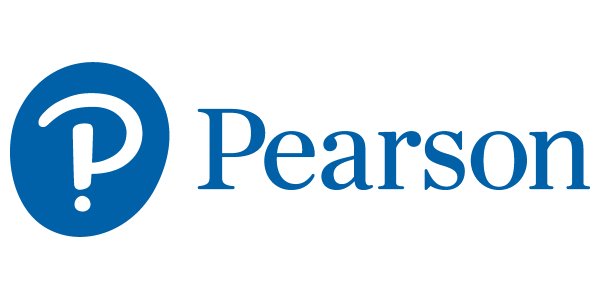Therapeutic skills under challenging situations during therapy
Therapeutic skills allow solving problematic situations that frequently occur in therapy. The therapist’s experience makes it possible to recognize critical moments in a therapeutic session. However, this experience does not prevent the therapist from encountering difficult situations that they do not know how to manage. The reasons for this are varied; for example, sometimes because these situations are new, sometimes because they are unexpected, and sometimes because they occur in a personal situation that makes the session difficult. Sometimes it is the patient or their environment that, for various reasons, boycotts the session—for example, by resisting the tasks or by skepticism about the therapy, among others. Over the years, I have been gathering information about those critical moments of the sessions in which intervening somehow is key to achieving the therapeutic objectives set, avoiding lengthening the number of sessions, or simply preventing the patient’s drop-out of the therapy. My intervention aims to present some of the most frequent problematic situations in therapy, raise possible skills, represent them, and include those the attendants wish to discuss.

Aurora Gavino
Full Professor, Faculty of Psychology. University of Málaga. Spain
Psychologist specializing in Clinical Psychology. Degree issued by the Ministry of Education and Sport. 18-03-2004.
European Certificate of Specialist: Expertise in Psychotherapy. December 15, 2005. Awarding body: European Federation of Psychologist Associations (EFPA).
Aitana International Award for the contribution of child and adolescent psychology. 2015.
Organiza


Patrocina

Con el apoyo de


![8CIPCNA-adaptaciones-[Recuperado]](https://www.aitanacongress.com/2022/wp-content/uploads/8CIPCNA-adaptaciones-Recuperado.png)


